Emerging techniques in data analytics, including machine learning and artificial intelligence, offer exciting opportunities for advancing scientific discovery and innovation in materials science. Vast repositories of experimental data and sophisticated simulations are being utilized to predict material properties, design and test new compositions, and accelerate nearly every facet of traditional materials science. How can the materials science community take advantage of these opportunities while avoiding potential pitfalls? What roadblocks may impede progress in the coming years, and how might they be addressed? To explore these issues, the Workshop on Data Analytics and What It Means to the Materials Community was organized as part of a workshop series on Defense Materials, Manufacturing, and Its Infrastructure. Hosted by the National Academies of Sciences, Engineering, and Medicine, the 2-day workshop was organized around three main topics: materials design, data curation, and emerging applications. Speakers identified promising data analytics tools and their achievements to date, as well as key challenges related to dealing with sparse data and filling data gaps; decisions around data storage, retention, and sharing; and the need to access, combine, and use data from disparate sources. Participants discussed the complementary roles of simulation and experimentation and explored the many opportunities for data informatics to increase the efficiency of materials discovery, design, and testing by reducing the amount of experimentation required. With an eye toward the ultimate goal of enabling applications, attendees considered how to ensure that the benefits of data analytics tools carry through the entire materials development process, from exploration to validation, manufacturing, and use. This publication summarizes the presentations and discussion of the workshop.
Bitte wählen Sie Ihr Anliegen aus.
Rechnungen
Retourenschein anfordern
Bestellstatus
Storno

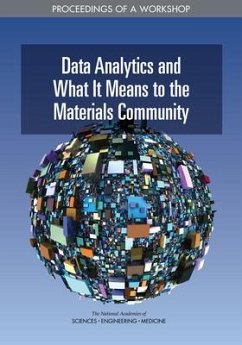
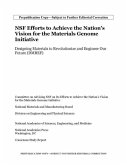
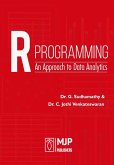
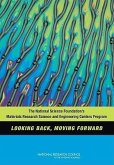
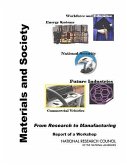
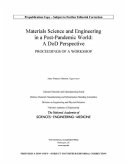
![The Iron Industry [microform]: What It is to Great Britain and the United States, What It May Be to Ontario The Iron Industry [microform]: What It is to Great Britain and the United States, What It May Be to Ontario](https://bilder.buecher.de/produkte/65/65623/65623442m.jpg)
![The British Command of the Sea and What It Means to Canada [microform] The British Command of the Sea and What It Means to Canada [microform]](https://bilder.buecher.de/produkte/65/65487/65487919m.jpg)